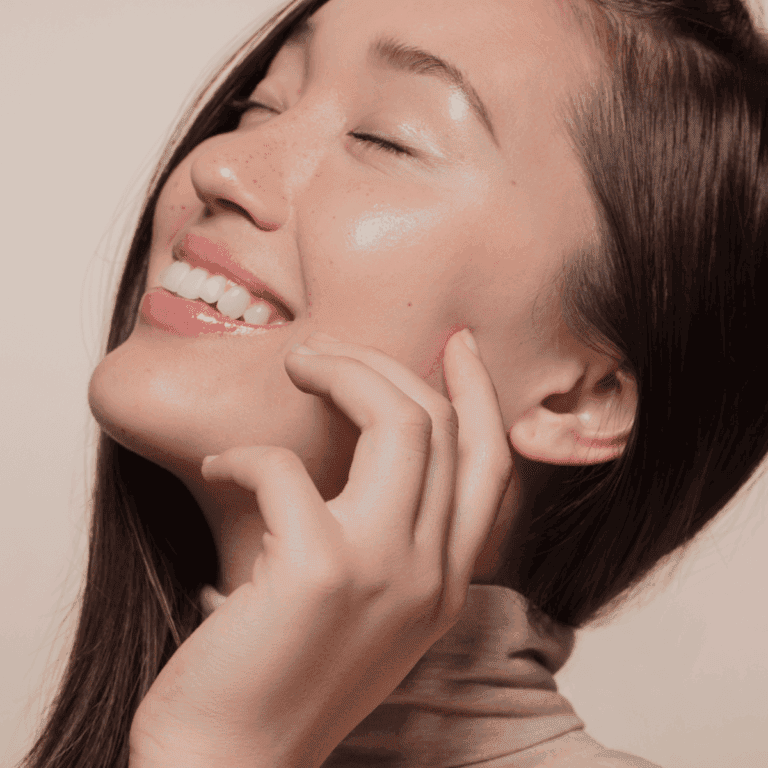Heads up! We may use affiliate links in this post. You'll never pay more, but we might earn a small commission if you buy - thanks for supporting us! See our full disclosure here.
The struggle is real when it comes to finding hair products that keep high-porosity hair in tip-top shape. If your hair feels like it’s constantly thirsty, frizzes up at the slightest hint of humidity, and tangles like it’s got a mind of its own, you know exactly what I’m talking about!
That’s why we’ve put together this guide on the best deep conditioners for high porosity hair, with expert insights from a trichologist Afope Atoyebi who’s got the inside scoop on what really works!
We’ll be covering the ingredients you should be looking out for, and her very own recommendations on the best deep conditioners, that can transform your hair from frizzy and frazzled to sleek and smooth.
What Is High Porosity Hair?
High porosity hair refers to hair with a high ability to absorb and retain moisture because its cuticles (the outer layer of the hair) are lifted or have gaps.
That means it soaks up water and products faster than a sponge but can also let them go just as quickly.
This can be due to genetics, chemical treatments, heat styling, or just the everyday wear and tear of life.
YOU MIGHT LIKE THESE TOO:
- Got High Porosity Hair? These Are The Oils You Should Be Using
- 5 DIY Hair Masks For Low Porosity Hair
- Argan Oil Or Coconut Oil, Which One Is Best For Your Hair?
Save on Pinterest for later?
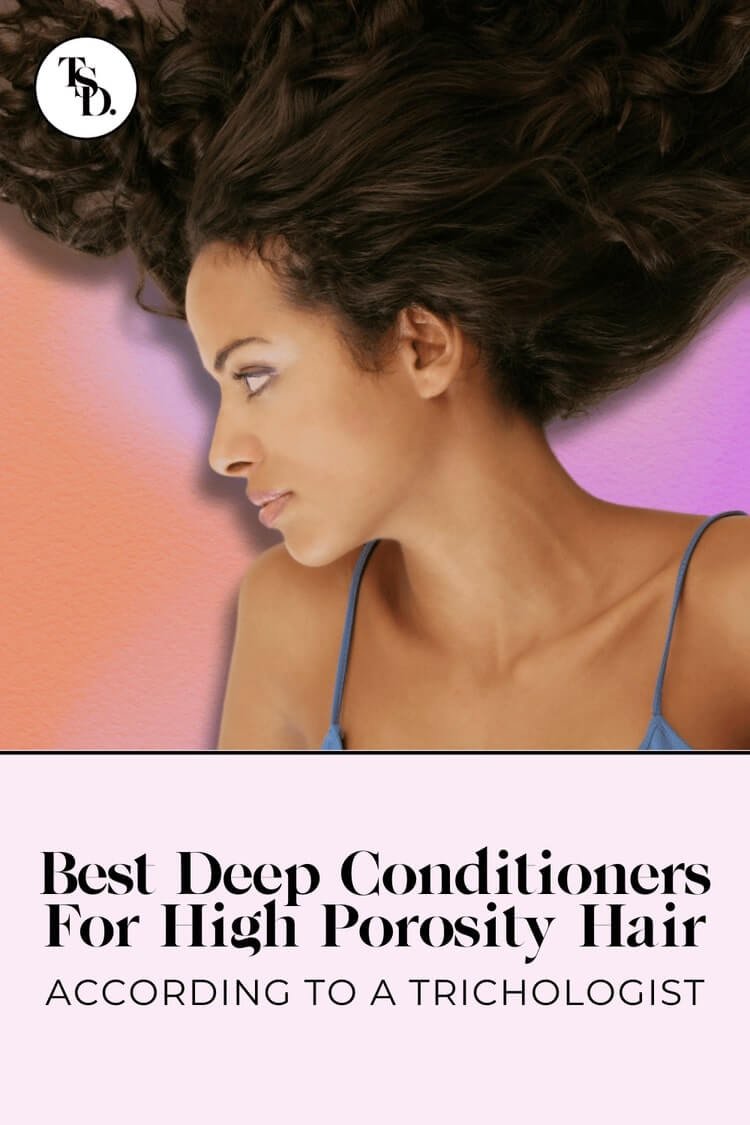

Think you might have low porosity hair instead? Click here.
What Ingredients Does High Porosity Hair Need?
According to Afope, there are three main needs of high-porosity hair: moisture, strength, and conditioning.
Let’s explore these three needs in more detail.
Moisture
You might think that water can have a drying effect on your hair once it dries, similar to how your skin feels tight and dry after a shower, creating the need to moisturise.
But when it comes to high-porosity hair, water should be the first ingredient in that deep conditioner, “when you’re thirsty, you drink water.”
Other ingredients, like oils, can be considered more moisturising than water when it comes to hair, but their purpose is actually to help the hair retain water.
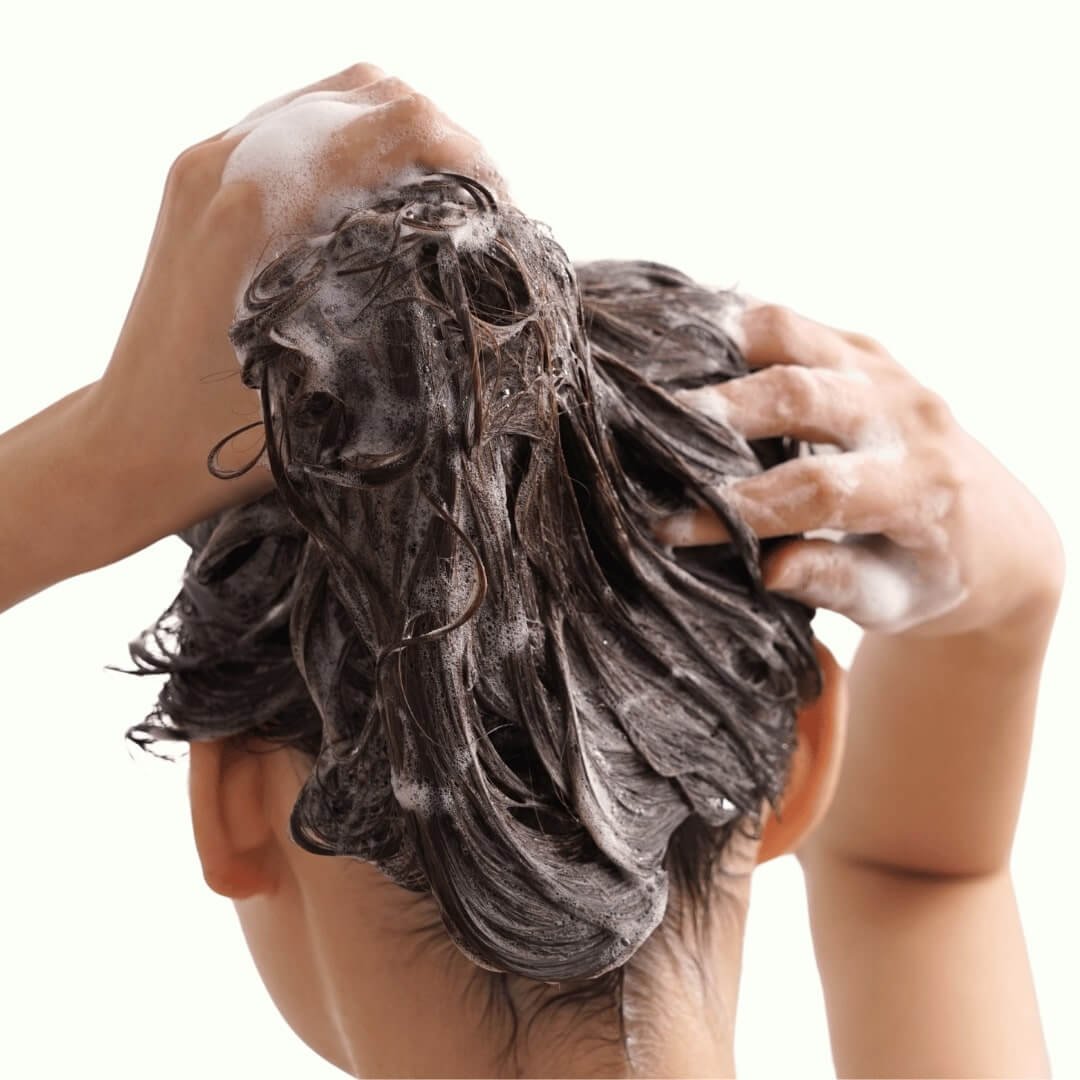

So by starting with water as the primary component in your deep conditioning routine, you ensure that your hair receives the essential moisture it craves.
“Water is literally nature’s only inherit moisturiser.” This hydration lays the foundation for healthier, more manageable hair that resists frizz and retains its natural shine.
The other types of moisturising ingredients you need are humectants, “that will be your glycerins, your sorbitol, your honey as well as…film-forming humectants.”


Film-forming humectants include ingredients like aloe vera, hydroxyethylcellulose, marshmallow root, slippery elm and panthenol.
They are commonly found in hair and skin care products that serve a dual purpose of attracting moisture to the hair or skin while also forming a protective film or barrier to help retain that moisture.
These humectants not only hydrate but also provide a shield against environmental stressors that can strip away moisture.
The last types of moisturising ingredients to look for are oils and butters. “Oils are not inherit moisturisers, neither are butters, but this doesn’t mean they are not useful in helping to slow the moisture loss from your hair.”
Strength
Hair also needs to be strong to be healthy. To increase your hair’s ‘tensile’ strength (which is the fancy way of saying its ability to withstand stretching and pulling), incorporating protein-rich ingredients and ceramides into your hair care routine is essential.
Proteins such as keratin, collagen, and silk amino acids can help reinforce the hair shaft, making it less prone to breakage and split ends.
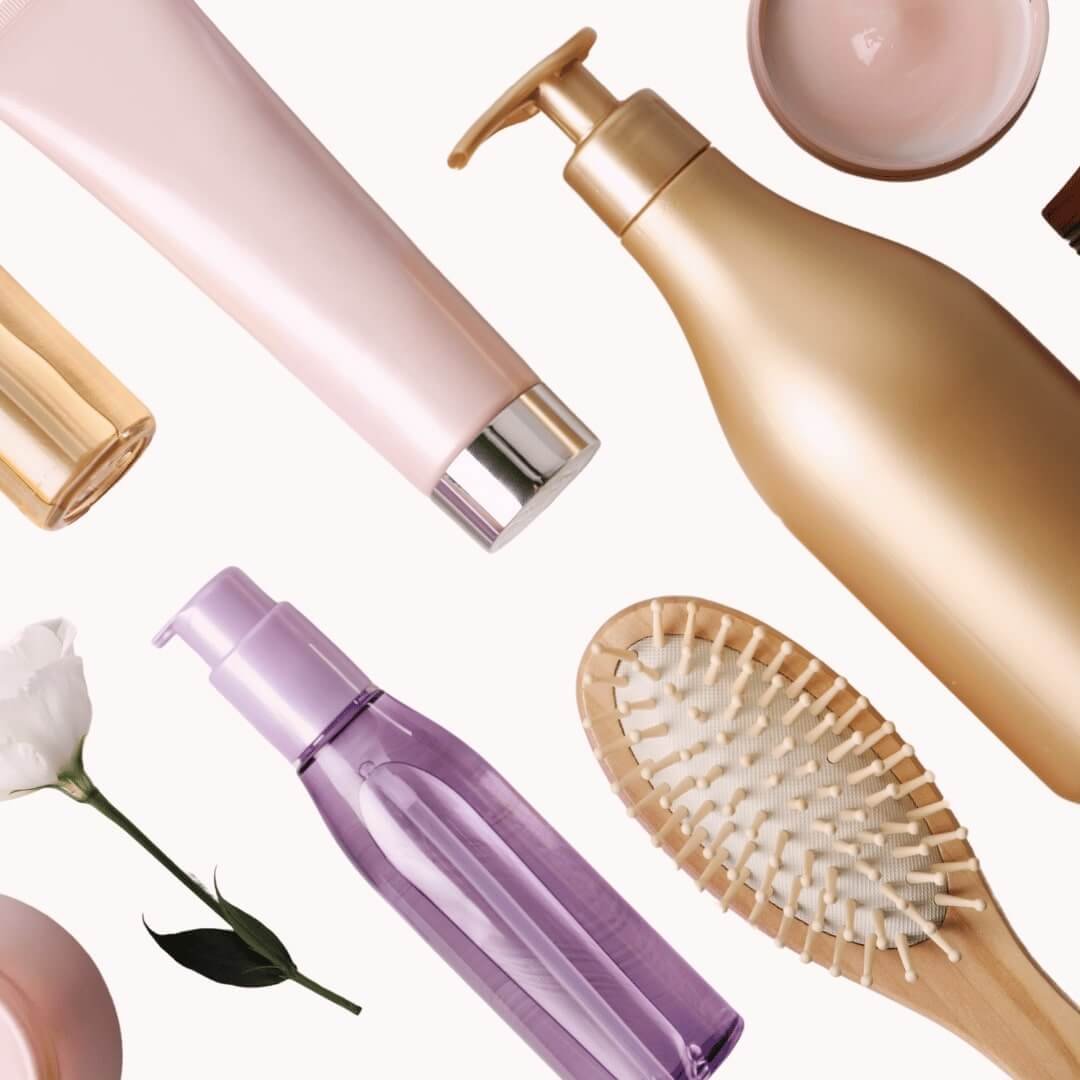

Proteins will “bind to the damaged gaps in your hair, to create a film over your hair, that will, in doing so, help your hair to retain moisture.”
This is especially beneficial for high-porosity hair that tends to have gaps and openings in its structure.
They also help to restore elasticity, improve texture, and enhance overall hair health.
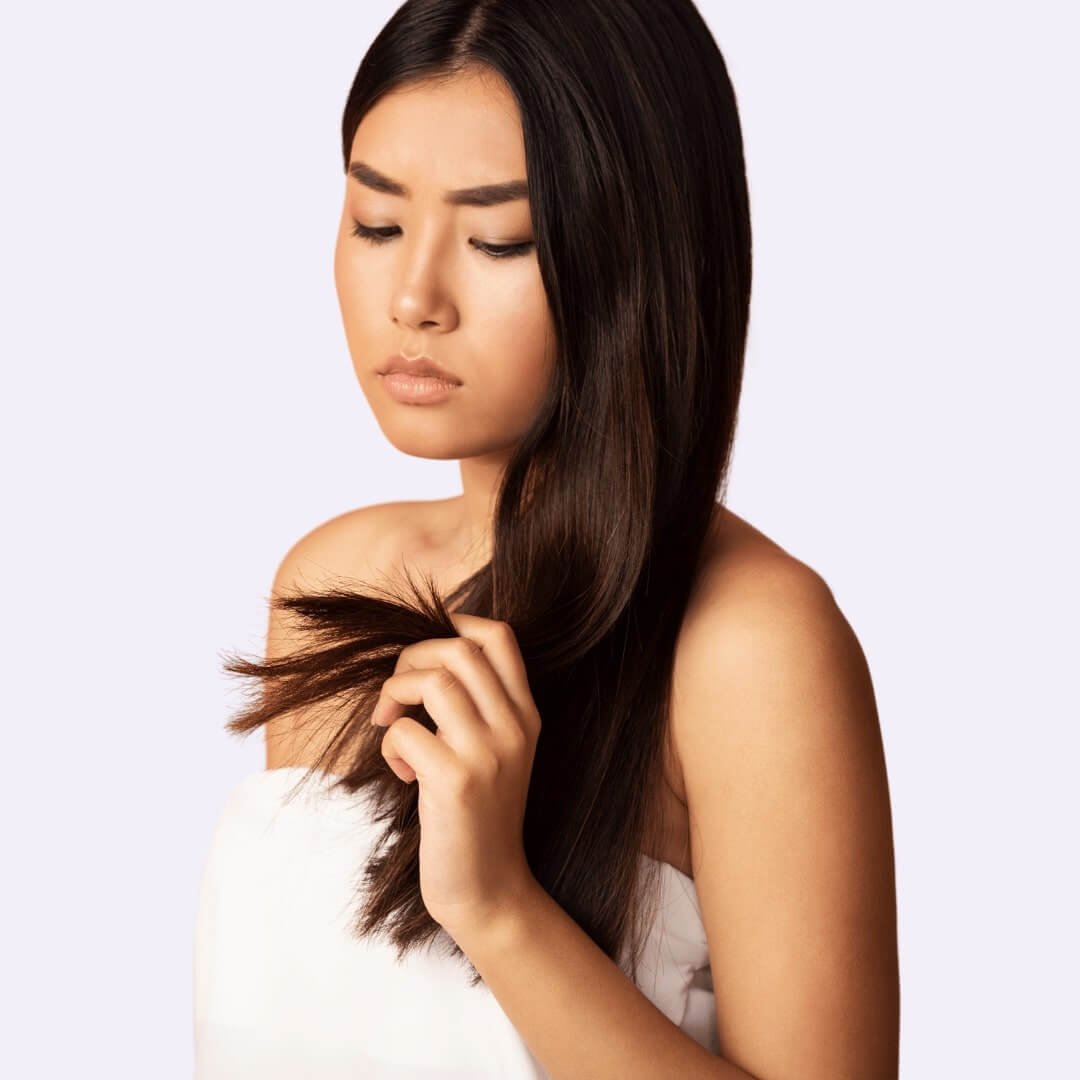

Ceramides are lipid molecules naturally found in the hair cuticle.
They play a crucial role in maintaining the integrity of the hair shaft by forming a protective barrier that seals moisture into the hair by keeping the cuticle together which helps to retain moisture and prevents environmental damage.
“If you consider your cuticle layers like shingles on a roof, then ceramides are the glue that keeps these shingles together.”
That makes ceramides a very effective hair care ingredient, not only for those with high-porosity hair but also for damaged, relaxed and/or coloured hair.
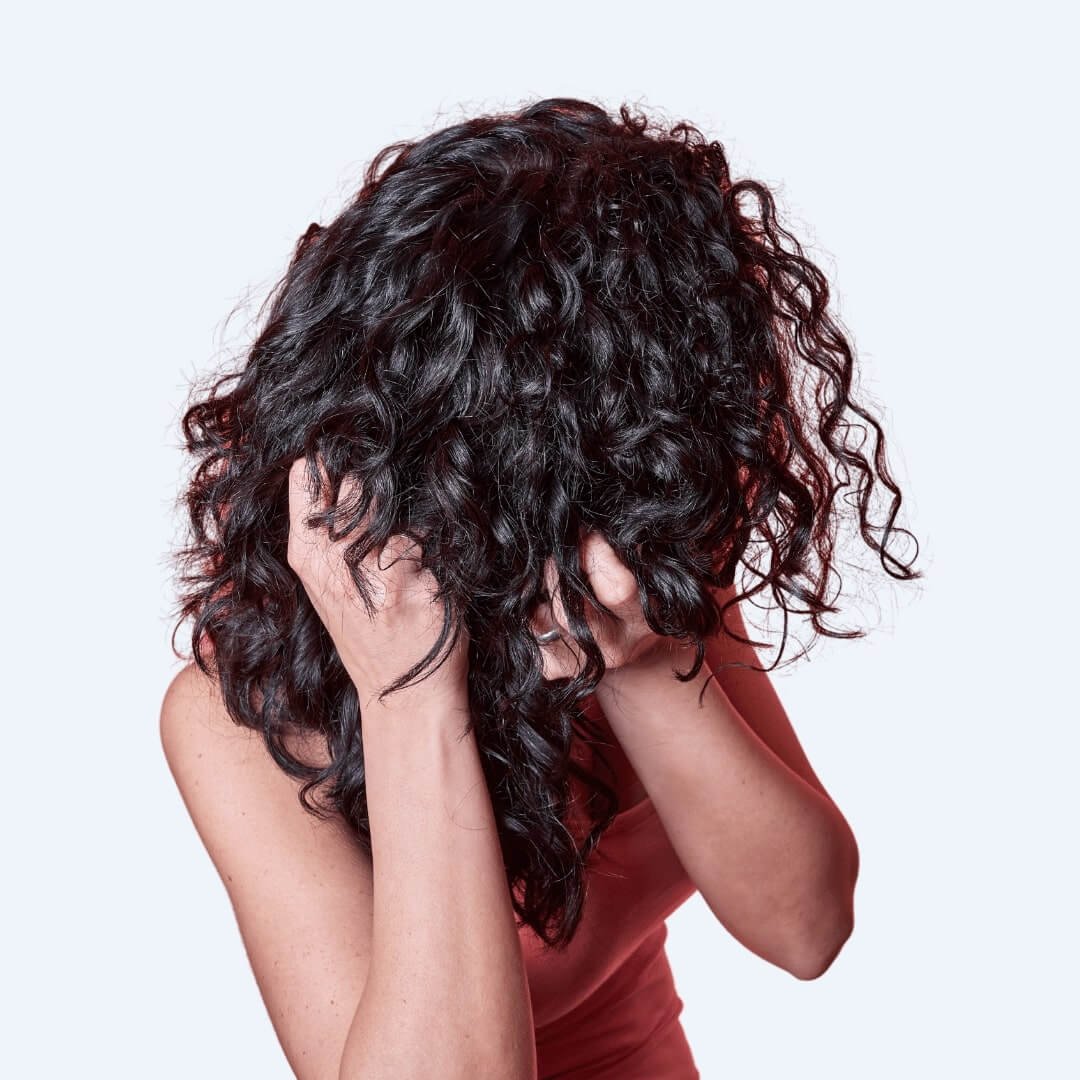

Ceramides can be found in both natural and synthetic forms in hair care products.
Here are examples of both:
Natural Ceramides:
Wheat Germ Oil: Contains naturally occurring ceramides that help to strengthen and protect the hair.
Hemp Seed Oil: Rich in essential fatty acids and ceramides, it helps to nourish and moisturise the hair while improving its overall health.
Safflower Oil: Packed with ceramides, this oil helps to lock in moisture and provide a protective barrier, making hair smoother and more manageable.
Artificial Ceramides:
2-oleamido-1,3-octadecanediol: A synthetic ceramide used in hair care products to replicate the function of natural ceramides, improving moisture retention and enhancing hair strength and resilience.
You might think natural ceramides are the way to go, but according to Afope, artificial ceramides “closer mimic the hair’s natural ceramides, so where you can, try and pick the deep conditioners that contain the artificial ceramides over the ones that have just the natural ceramides.”


Conditioning
Conditioning is another essential need for maintaining high-porosity hair.
Without it, your hair would be like a sponge that’s lost its bounce—dry, frizzy, and prone to breakage.
For curly hair types in particular, conditioning helps to improve the hair’s appearance and manageability.
Conditioning helps to ensure the “hair is not just healthy on the inside, but that it looks healthy on the outside too.”
To do this, you’ll need fatty alcohols, emulsifiers and emollients:
Fatty alcohols like cetyl alcohol and stearyl alcohol help to smooth and soften your hair, making it easier to detangle and manage.
Emulsifiers work to blend oil and water in your hair products, ensuring that each strand gets an even coating of hydration and nourishment.
Emollients seal in moisture and create a protective barrier that keeps your hair looking sleek and shiny all day long.
These are the magic ingredients that make hair products rich and creamy rather than runny and watered down.
Think of them as the secret sauce that gives your conditioner that luxurious, buttery texture your high-porosity hair craves.
So next time you’re scanning the ingredients list on a conditioner bottle, keep an eye out for these key players!
They’re the unsung heroes that turn a basic conditioner into a deep, restorative treatment that leaves your high-porosity hair feeling silky, strong, and super-hydrated.
Best Deep Conditioners For High Porosity Hair
Based on her extensive experience and expertise, Afope Atoyebi swears by these top-performing deep conditioners that work wonders for high-porosity hair.
Here are her recommendations:
1. As I Am Hydration Elation
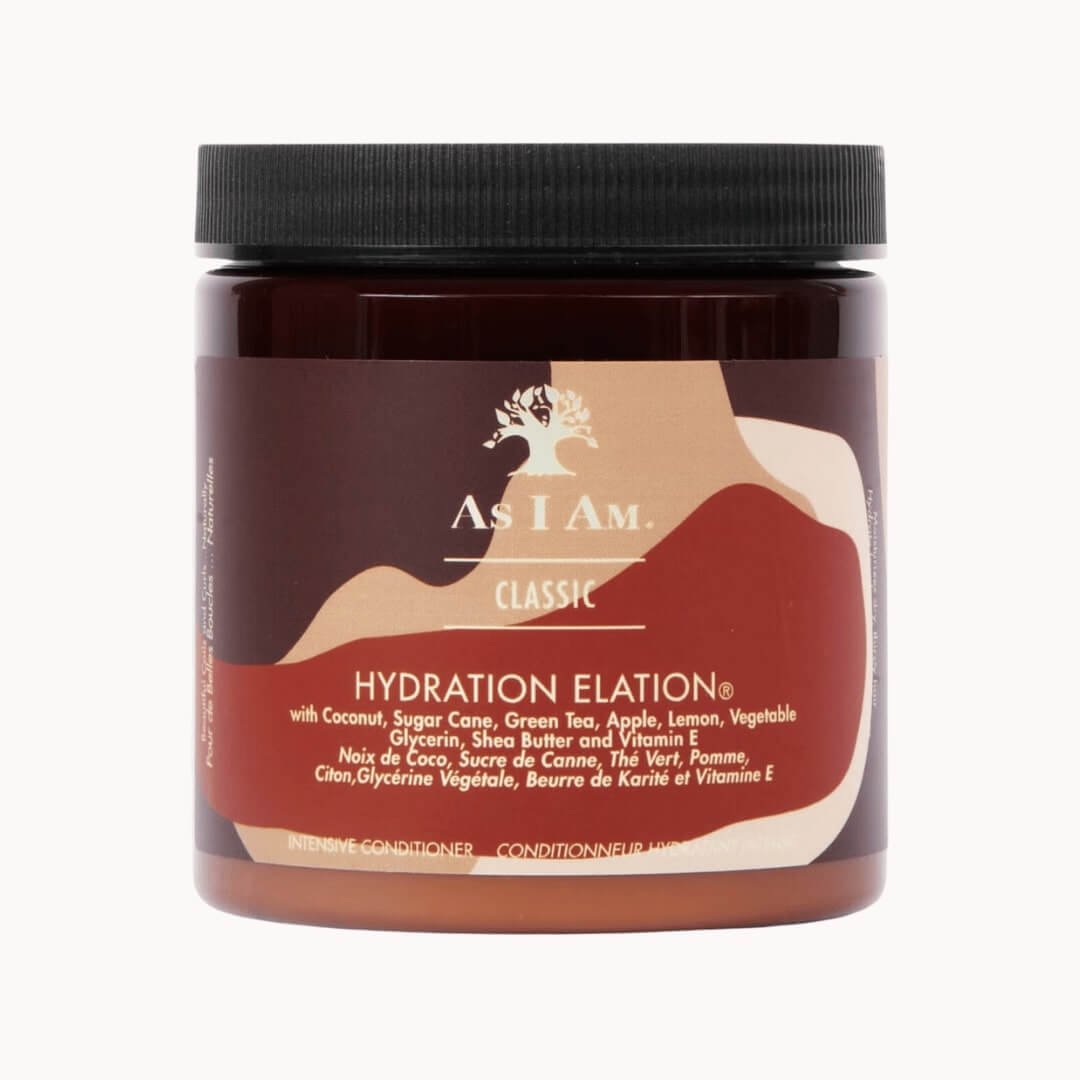

This deep conditioner is formulated with coconut oil, shea butter, and vitamin E to moisturise and strengthen hair from root to tip. Afope recommended this product as a great option for those looking for a deep conditioner with “low to no” protein in it.
2. Crece Pelo
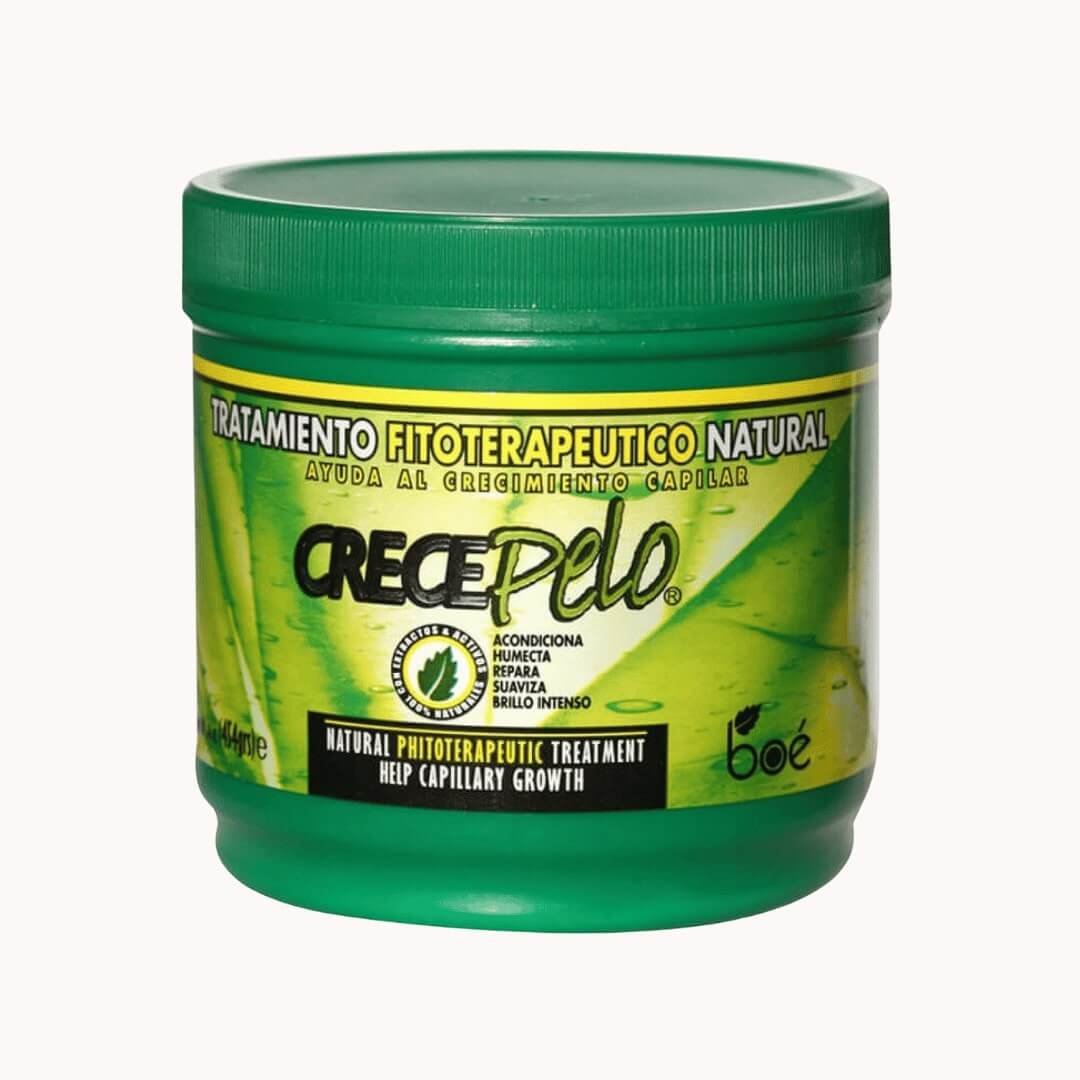

Known for its natural ingredients like bamboo, nettle, and carrot oil, Crece Pelo helps to promote hair growth while restoring moisture and vitality. Afope recommends using this treatment in the subsequent weeks following a protein-free deep conditioner and before the next intensive protein treatment.
3. L’Oreal Elvive Full Restore 5 Damaged Hair Masque
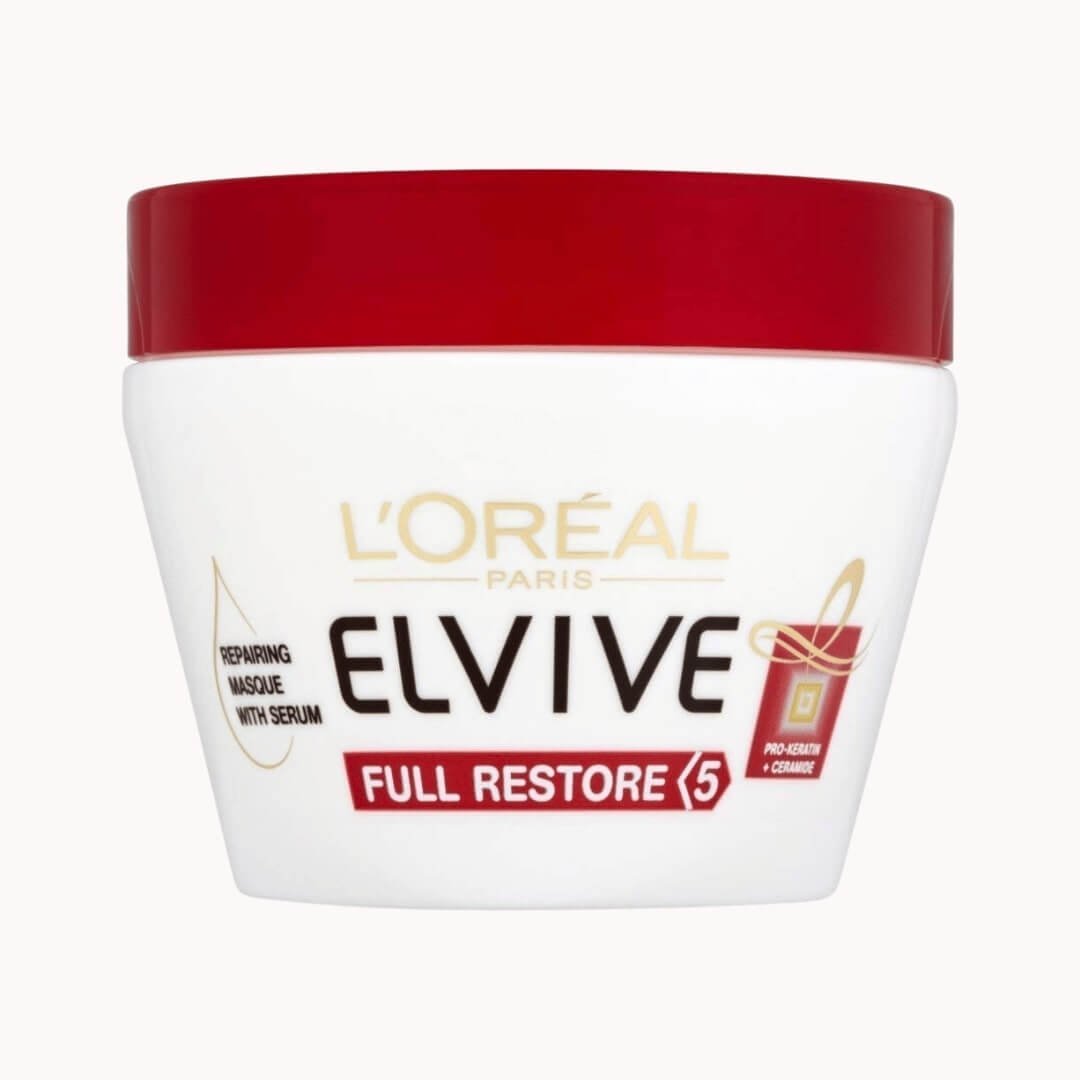

This intensive repair treatment targets five signs of damage: split ends, weakness, roughness, dullness, and dehydration, leaving hair smooth and healthy-looking. This conditioner packs a punch with moisture and strength, thanks to its blend of ceramides and proteins.
4. Redken Extreme Strength Builder Plus
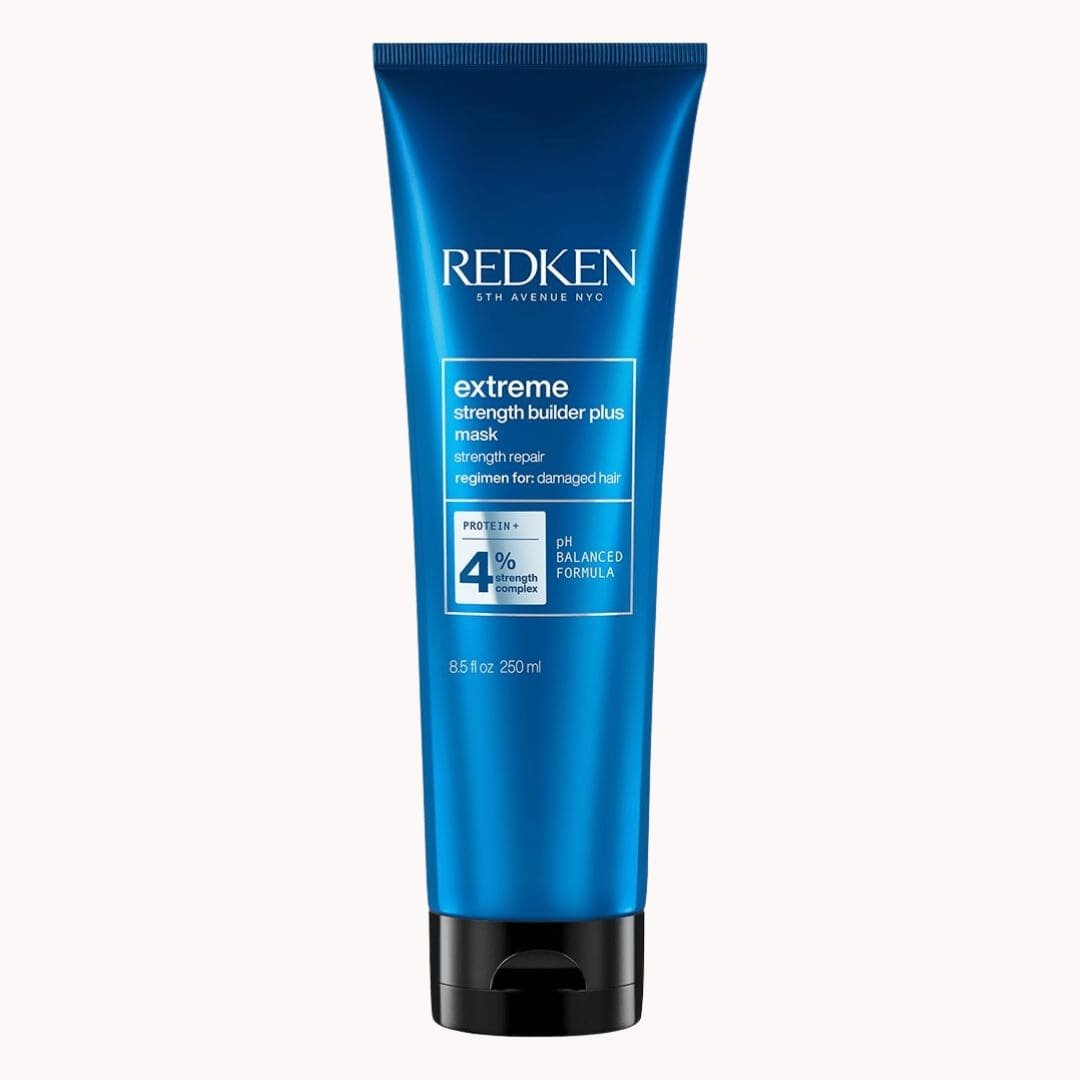

Infused with proteins and ceramides, this fortifying mask provides deep conditioning to strengthen and restore distressed hair. “This is another really, really great balanced deep conditioner for high-porosity hair,” Afoye says. She uses this conditioner after an intensive protein treatment.
How To Maximise The Benefits Of A Deep Conditioner
To get the most out of these deep conditioners, here are a few tips:
Consistency is Key: Regular deep conditioning (at least once a week) will help maintain your hair’s moisture balance.
Heat It Up: Using a heat cap or wrapping your hair in a warm towel can help the conditioner penetrate more deeply.
Rinse with Cool Water: After deep conditioning, rinse your hair with cool water to help seal the cuticles and lock in moisture.
Avoid Overloading: While deep conditioning is crucial, avoid using too many heavy products that can weigh down your hair and cause buildup.
By incorporating these deep conditioners and tips into your hair care routine, you can keep your high-porosity hair looking and feeling its best.
FAQs
Q. What To Avoid With High Porosity Hair?
If you’ve got high-porosity hair, there are a few things you should avoid.
First, stay away from harsh shampoos with sulphates as they can strip away natural oils and moisture, leaving your hair even drier.
Limit the use of heat styling tools, and always use a heat protectant if you do use them. Also, avoid products with a lot of alcohol since they can dry out your hair.
Finally, try not to over-wash your hair. Give it a break between washes to let your hair’s natural oils do their work.
Q. Does High Porosity Hair Like Protein?
Yes, high-porosity hair often benefits from protein. Protein helps fill in the gaps in your hair cuticle, strengthening your strands and making them less prone to breakage.
However, it’s important to use protein in moderation. Too much can make your hair stiff and brittle.
Balance protein treatments with moisture-rich conditioners and masks to keep your hair healthy.
Q. Which Oil Is Best For High Porosity Hair?
High-porosity hair does well with heavier oils like coconut oil, olive oil, and avocado oil.
These oils penetrate the hair shaft and provide deep hydration. Argan oil is also a great option; it’s lighter but still very moisturising.
These oils help to hydrate and seal in moisture, which is essential for high-porosity hair. Use them regularly to keep your hair nourished and healthy.
Wrapping Up Your Hair Care Journey
As we come to the end of our deep dive into deep conditioners for high porosity hair, let’s take a moment to reflect on what we’ve learned.
We’ve explored a range of products, from budget-friendly options to luxurious treatments, all designed to quench your thirsty locks and restore that healthy shine.
Remember, finding the right deep conditioner for your high porosity hair might take some trial and error.
What works wonders for one person might not be the perfect match for another. Don’t be discouraged if you don’t see immediate results – consistency is key in any hair care routine.






